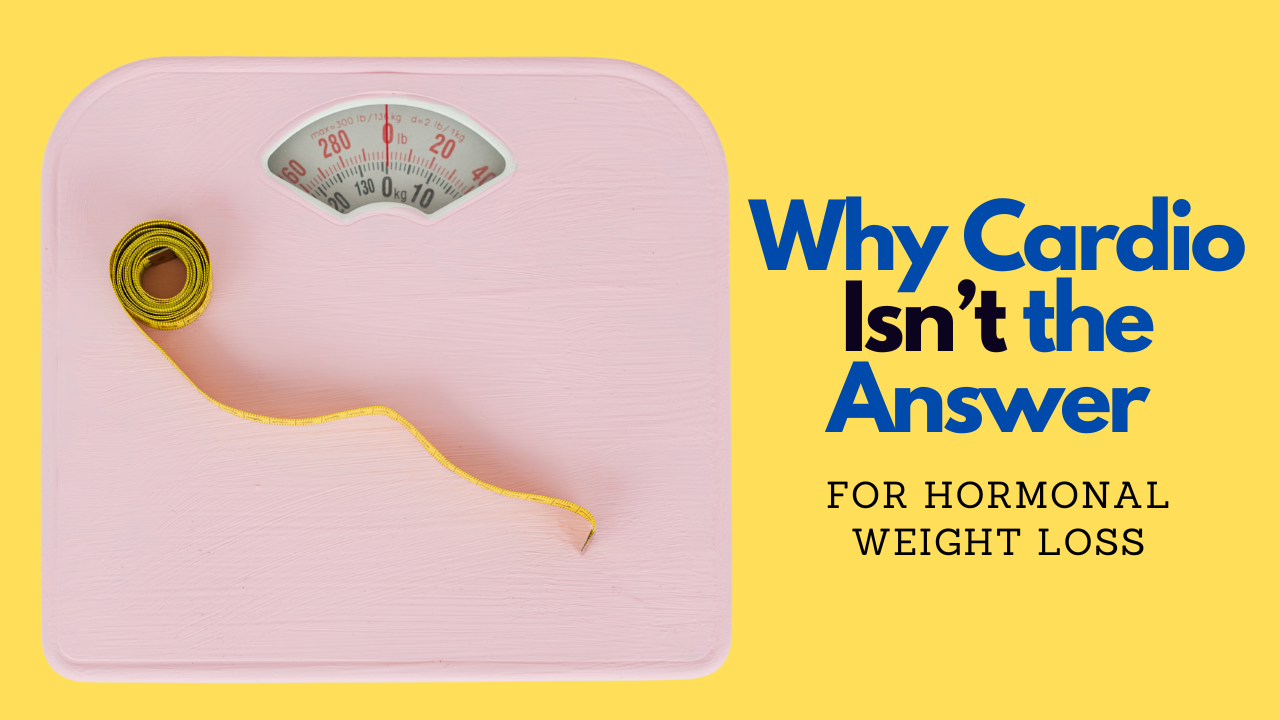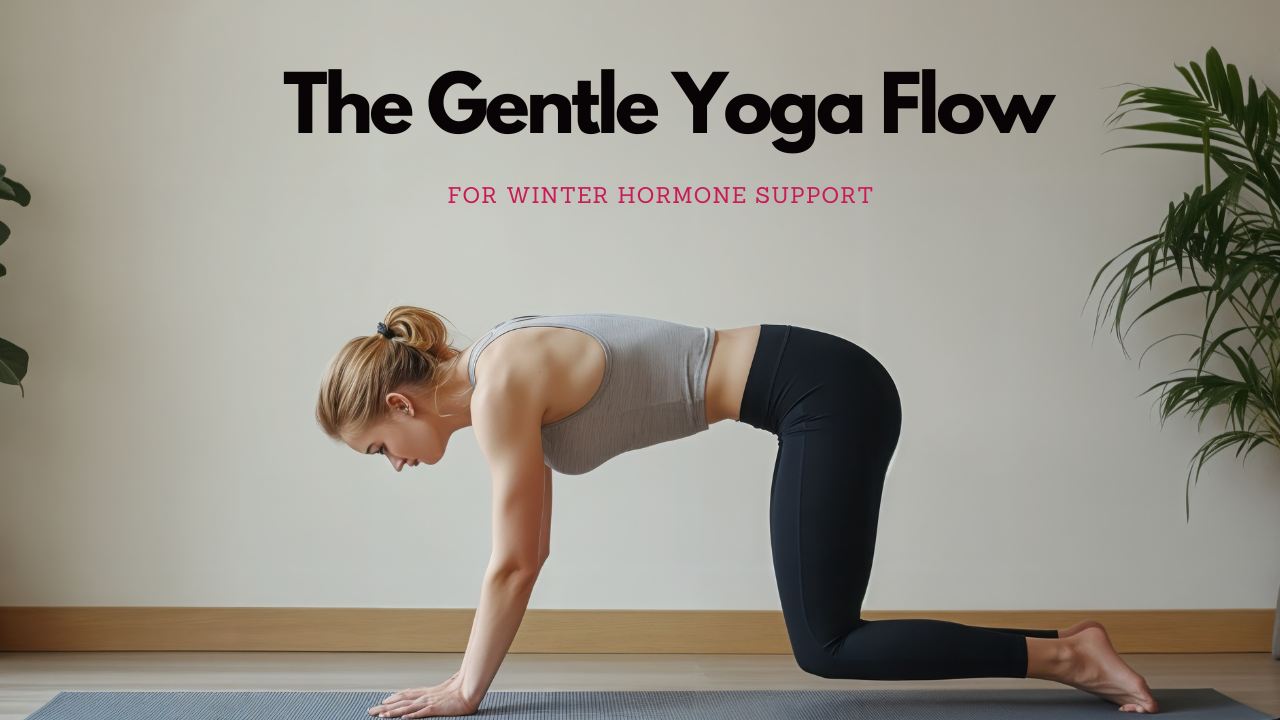Why Cardio Isn’t the Answer for Hormonal Weight Loss
Sep 25, 2025
If you’ve ever tried to lose weight in your 40s and beyond, chances are someone told you to “just do more cardio.” Long runs, endless spin classes, hours on the treadmill—the message is always the same: burn more calories to lose more weight.
But here’s the truth science is showing us: for women in perimenopause and menopause, cardio alone isn’t the magic solution. In fact, over-relying on it can actually make weight loss harder.
Let’s unpack why cardio isn’t the full answer when hormones are in the mix—and what works better instead.
The Hormone-Cardio Connection
Hormonal changes in midlife—especially shifts in estrogen, progesterone, cortisol, and insulin—completely change how your body responds to exercise. Here’s how:
- Estrogen decline: Estrogen helps regulate metabolism and how your body stores fat. As levels drop, your body becomes more likely to hold on to fat, particularly around the belly. Cardio alone doesn’t reverse this shift.
- Cortisol overload: Long, intense cardio sessions can spike cortisol, your stress hormone. Elevated cortisol encourages fat storage (especially around the midsection) and can make cravings worse.
- Insulin resistance: Hormonal shifts affect how your body processes carbs and sugar. This means your body is less efficient at using glucose for fuel, which can lead to stubborn weight gain even with cardio.
- Muscle loss (sarcopenia): From age 40 onward, women naturally lose muscle mass if they don’t train it. Cardio doesn’t rebuild muscle—it often accelerates the loss, which slows metabolism further.
Why Cardio Alone Falls Short
- Burns calories, not fat long-term
Cardio does burn calories during the workout, but once you stop, so does the burn. Without muscle, your metabolism doesn’t stay elevated. - Can increase appetite
Studies show that prolonged cardio can make women feel hungrier and more likely to overeat, which cancels out calorie deficits. - Doesn’t protect against midlife changes
It won’t rebuild lost muscle, won’t strengthen bones, and doesn’t improve insulin sensitivity as effectively as strength training does. - Risk of overtraining
Too much cardio without recovery raises cortisol, disrupts sleep, and adds inflammation—all of which block weight loss.
What Works Better for Hormonal Weight Loss
The goal isn’t to ditch cardio completely—it still has cardiovascular and mood-boosting benefits. The key is to combine it with strength and smart nutrition.
- Strength Training
- Builds lean muscle, which raises metabolism at rest.
- Improves insulin sensitivity, making your body more efficient at burning fuel.
- Protects bones, which become vulnerable as estrogen declines.
Science shows that women who lift weights 2–3 times per week can significantly reduce belly fat and improve metabolic health compared to cardio alone.
- Short, Smart Cardio
- Opt for moderate sessions (20–30 minutes) or interval training (HIIT), rather than hours of steady-state cardio.
- Walking, cycling, or swimming at a steady pace are excellent low-stress options that support heart health without spiking cortisol.
- Nutrition That Fuels Hormones
- Prioritize protein to preserve muscle and keep you full.
- Add plenty of vegetables and fiber for gut health and satiety.
- Balance carbs with protein and healthy fats to reduce insulin spikes.
- Stress Management & Recovery
- Yoga, stretching, and mindfulness practices help lower cortisol.
- Quality sleep balances appetite-regulating hormones like leptin and ghrelin.
A New Way to Think About Weight Loss in Midlife
Instead of chasing calorie burn through endless cardio, focus on creating a body that naturally uses energy efficiently:
- More muscle mass
- Better insulin control
- Balanced cortisol
- Supported estrogen and progesterone with smart lifestyle choices
That’s the hormonal weight loss equation.
Bottom Line
Cardio has its place—it’s great for your heart, your mood, and overall endurance. But if you’re a woman in your 40s or 50s struggling with weight that won’t budge, the answer isn’t more cardio.
It’s building muscle, balancing hormones, and creating a sustainable mix of movement, nutrition, and recovery.
Your body doesn’t need punishment—it needs partnership. When you train smarter, not harder, you’ll discover that lasting weight loss in midlife is not only possible but powerful.
Stay connected with news and updates.
Join our mailing list to receive the latest news and updates from our team.
Don't worry, your information will not be shared.
We hate SPAM. We will never sell your information, for any reason.



